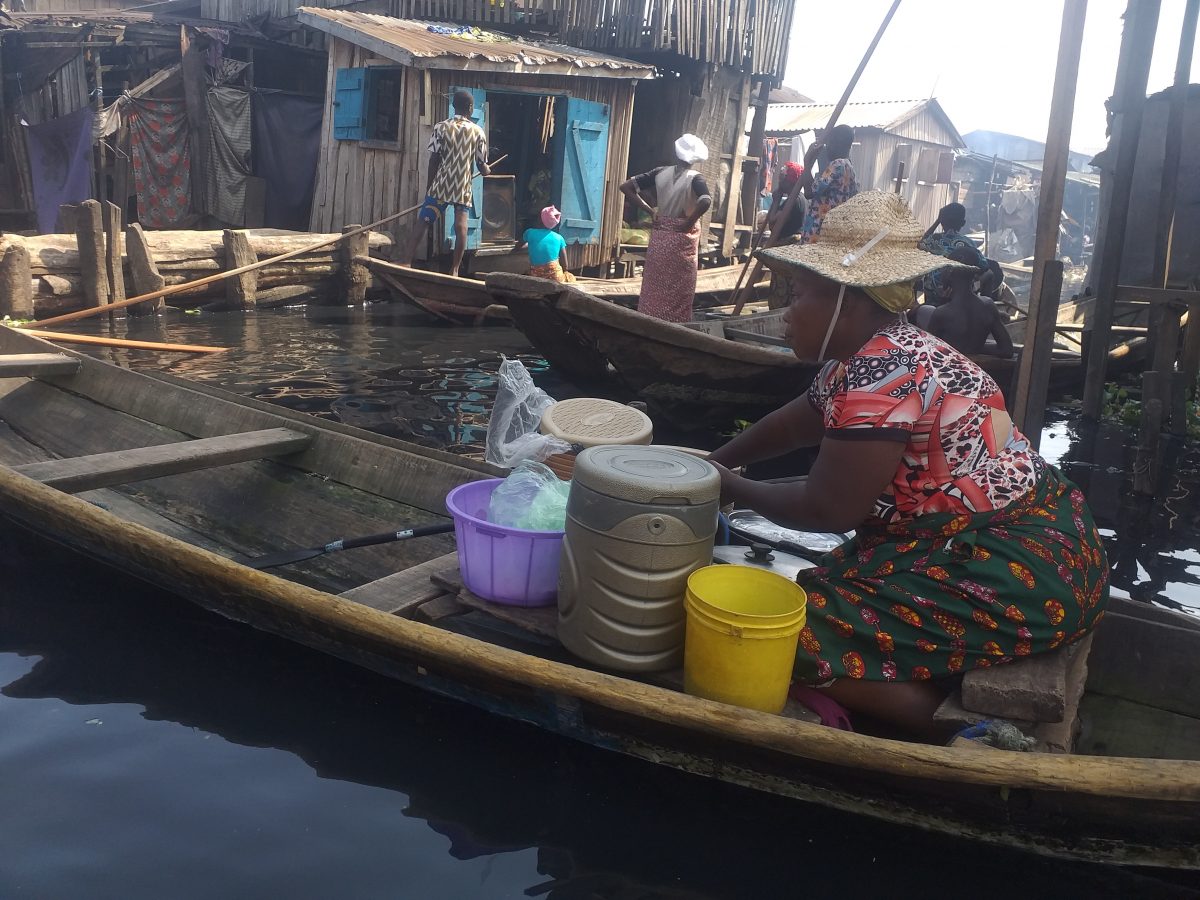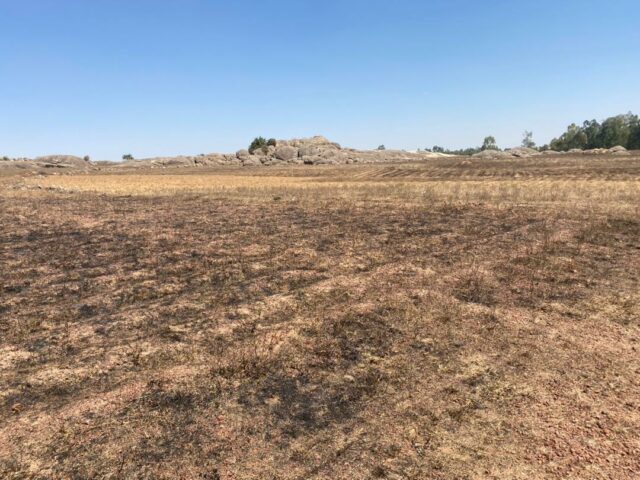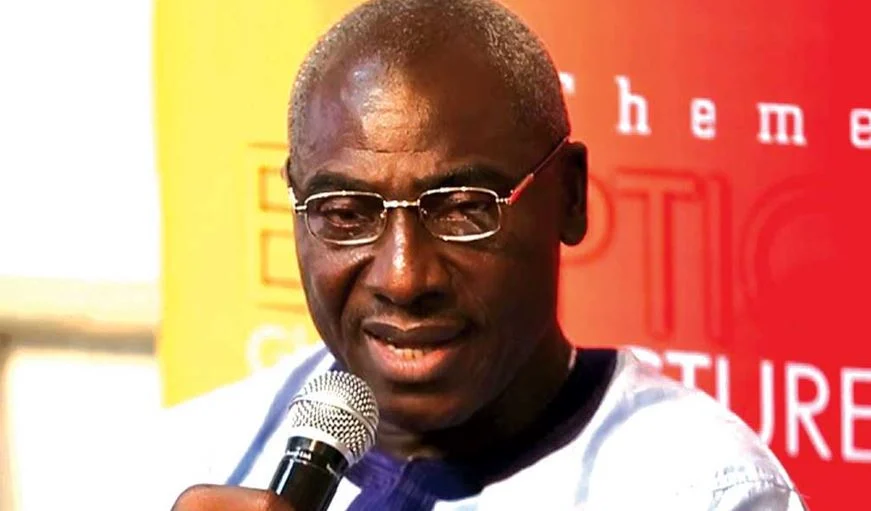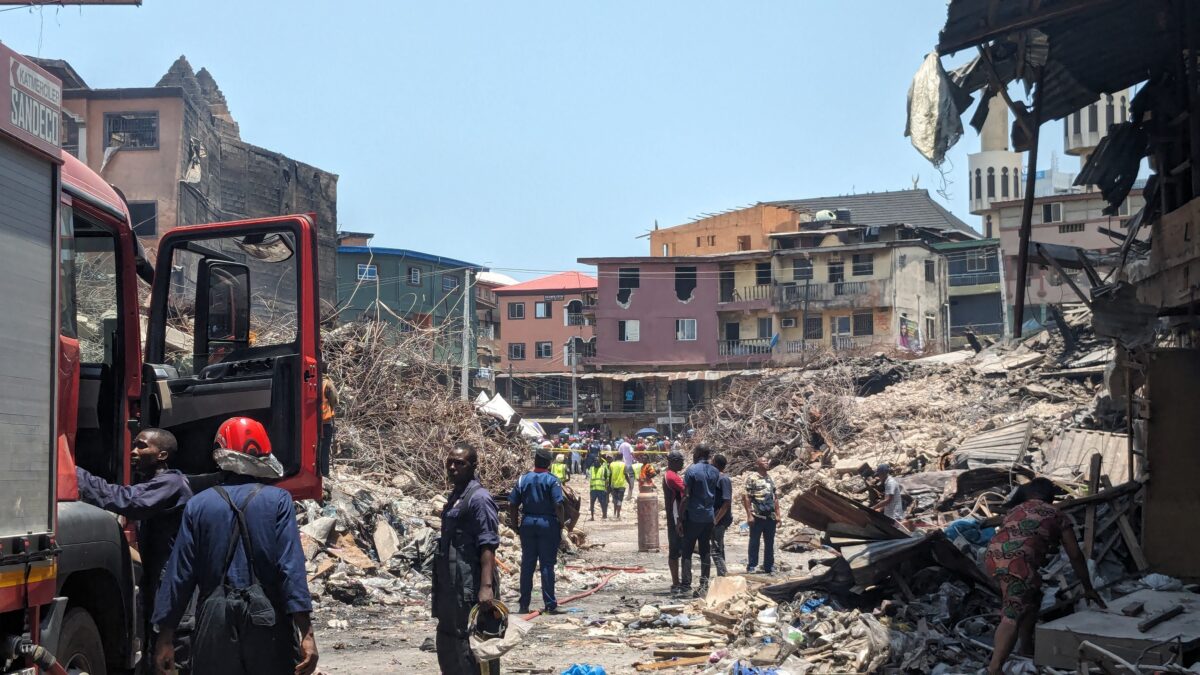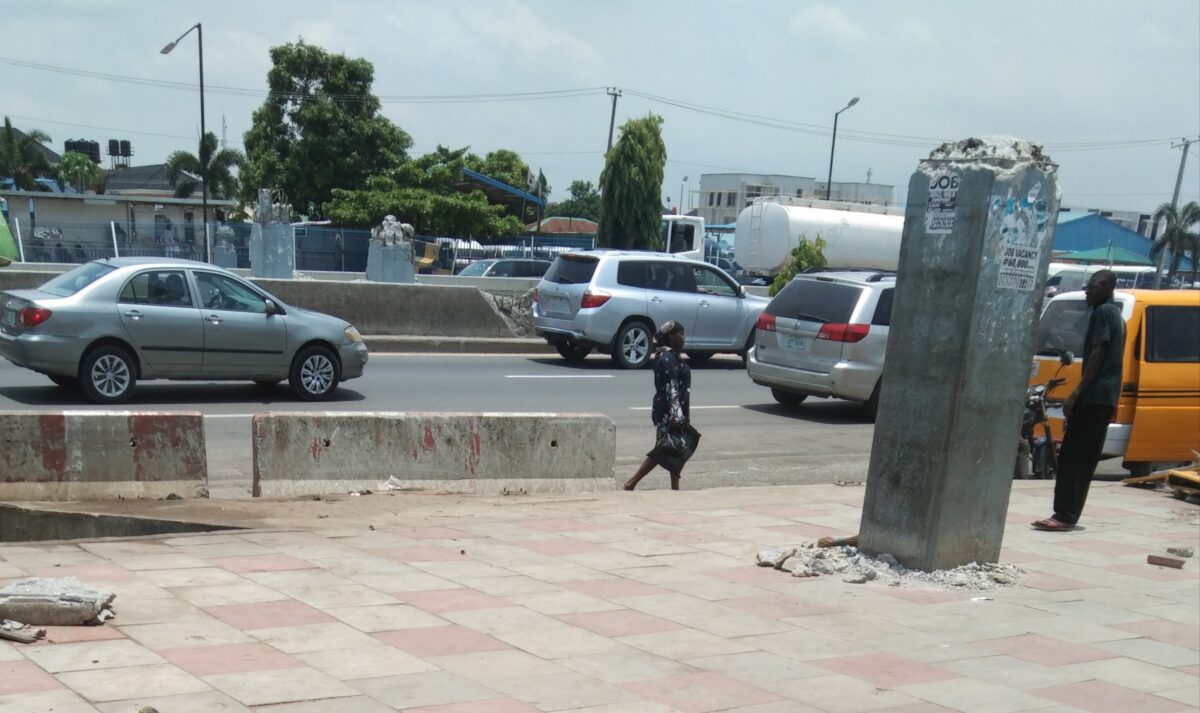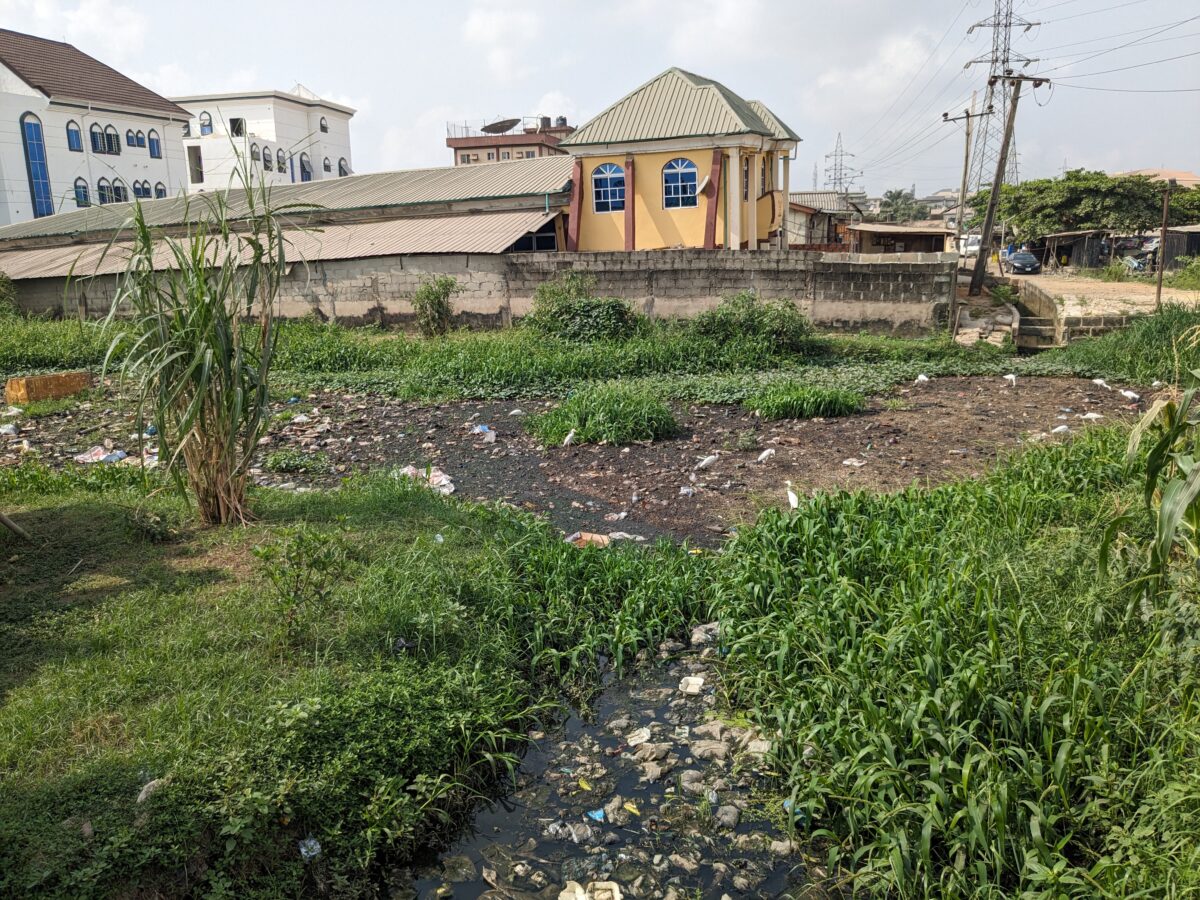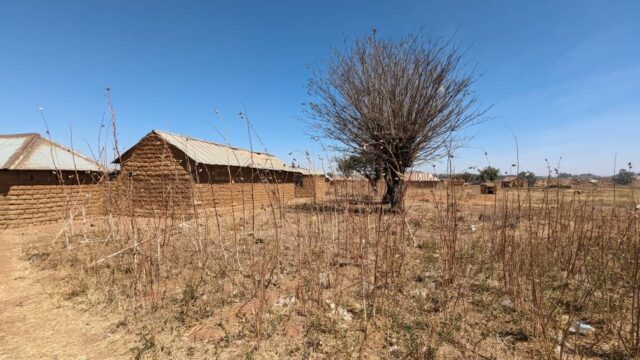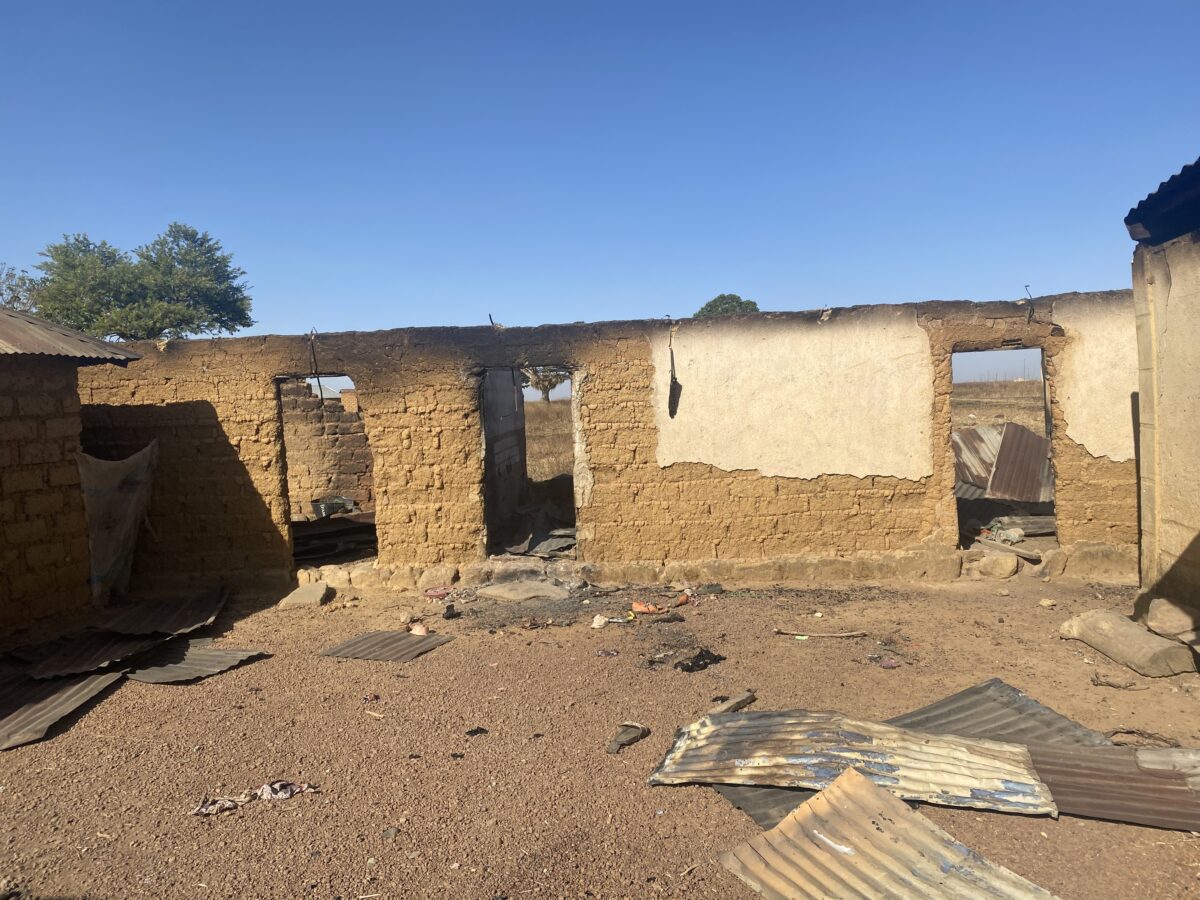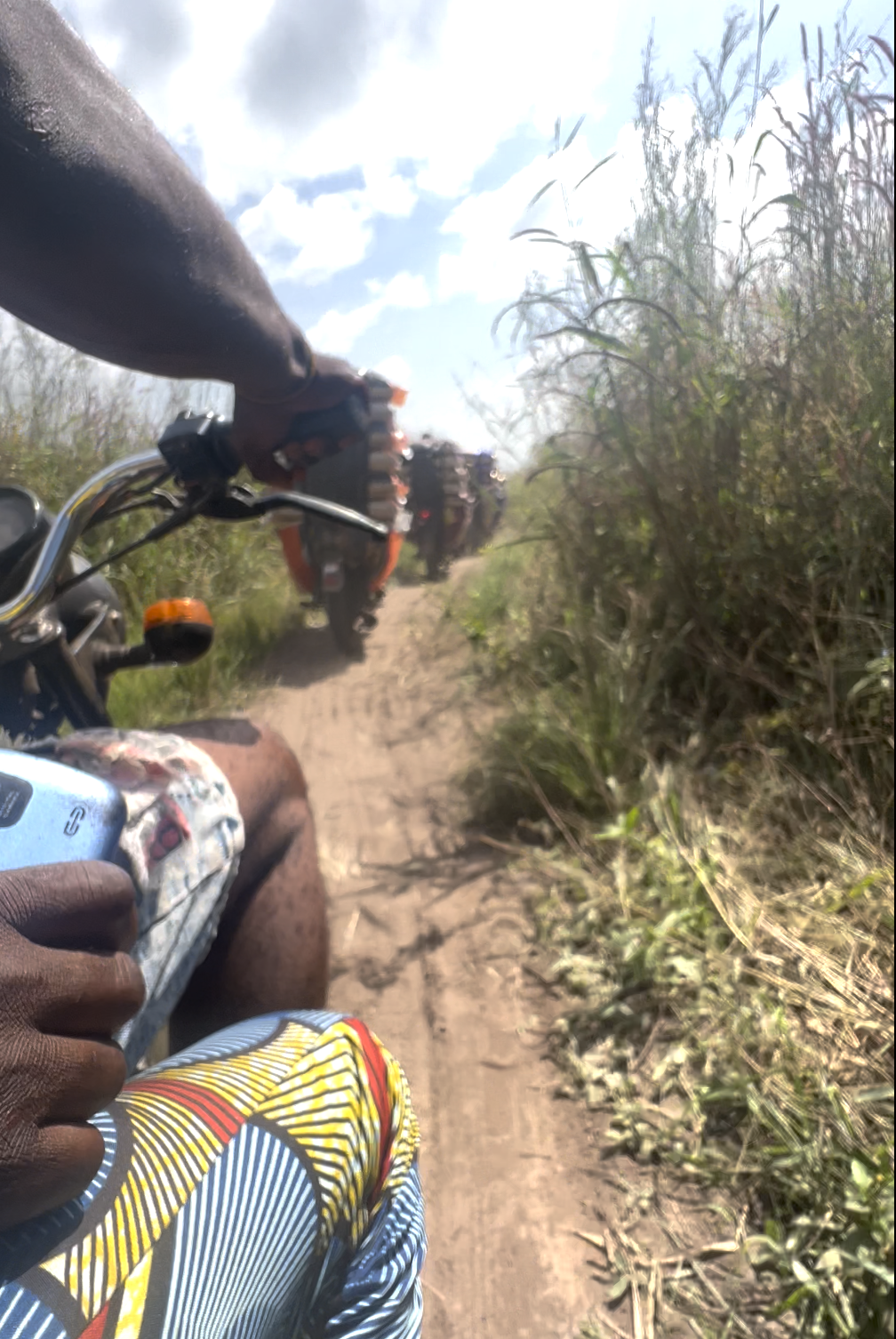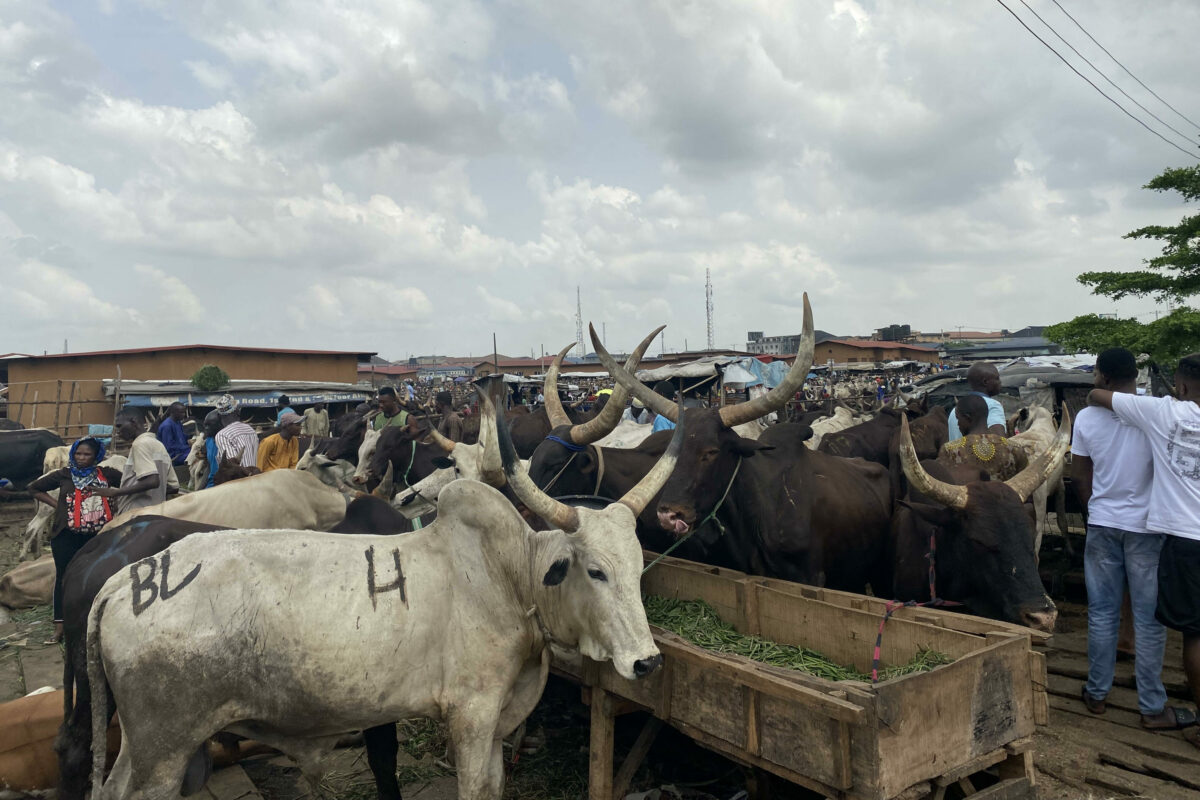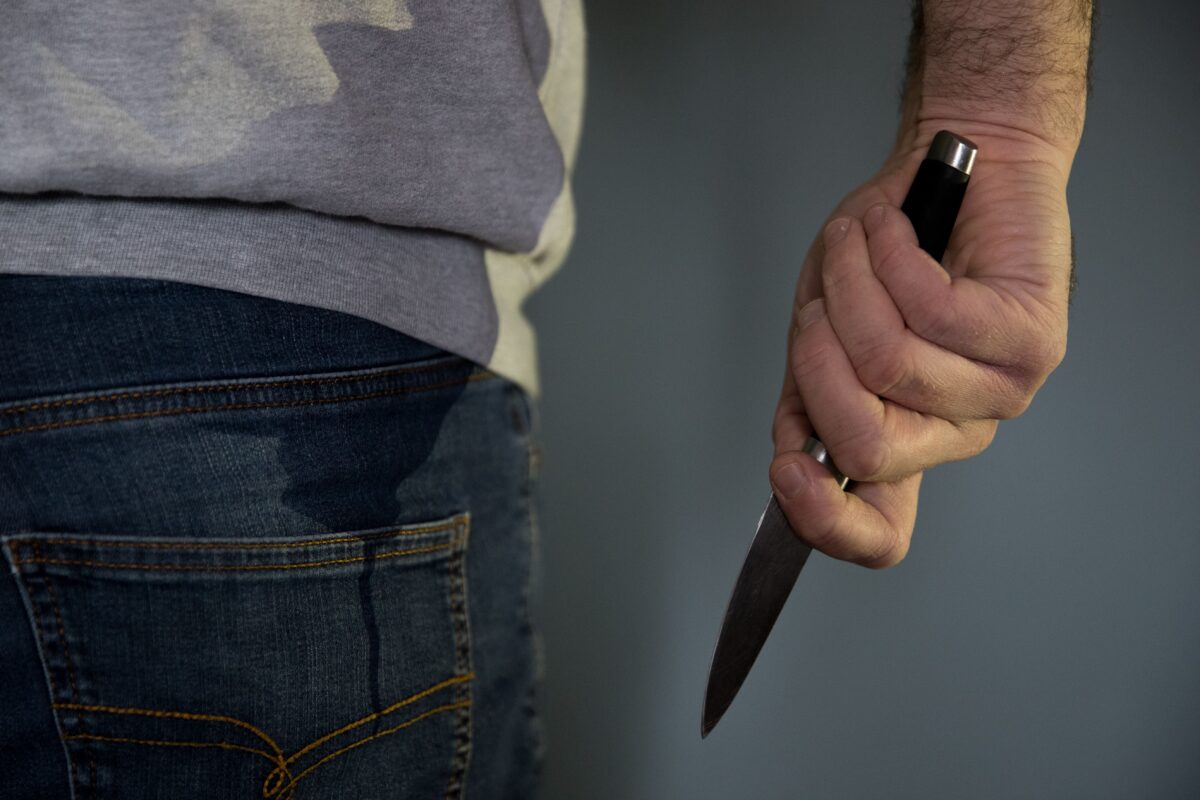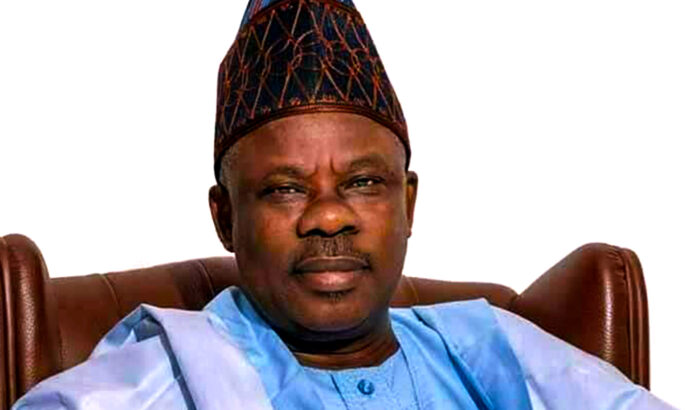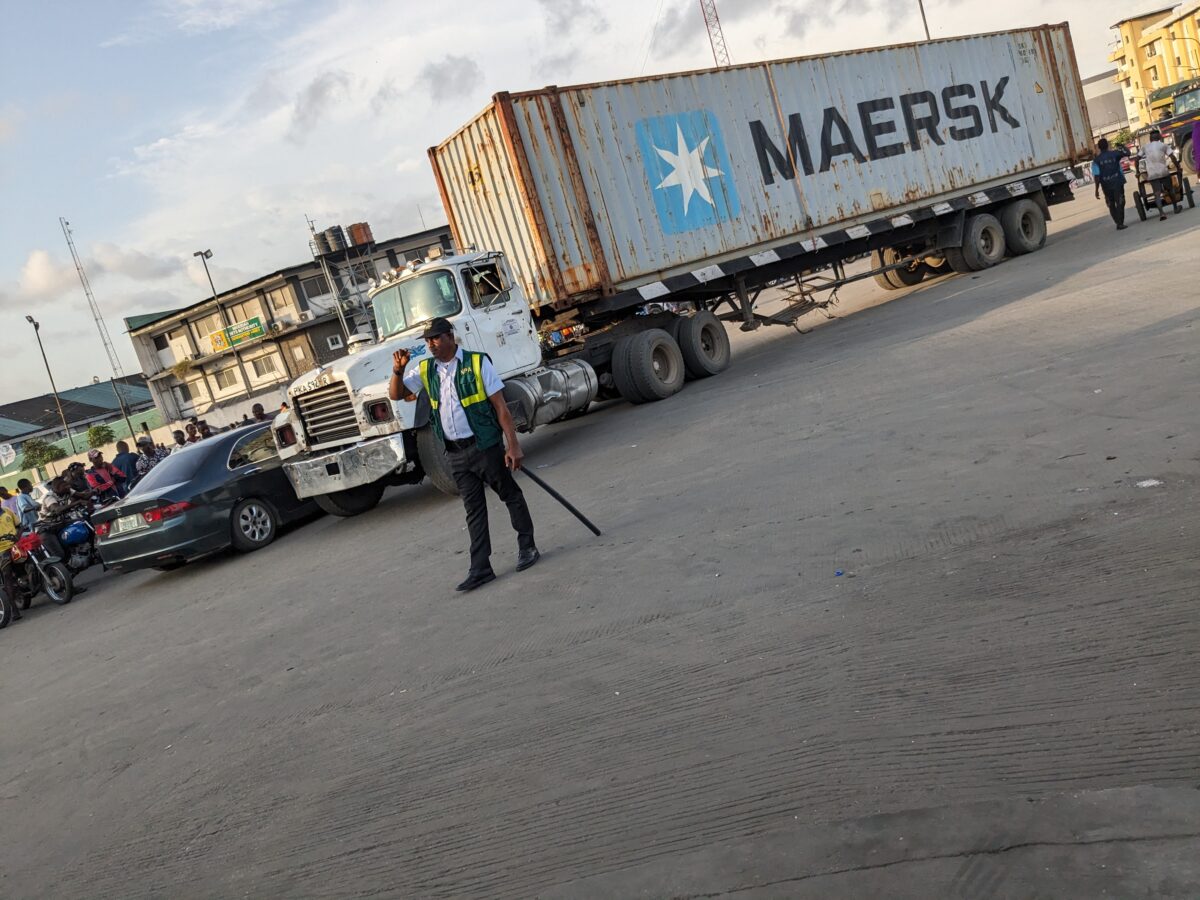In Makoko, Lagos, Yakubu Mohammed spent days interacting with residents of a waterfront community which has been neglected by the Lagos State Government for a while.
As the canoe moves from the shore at Yondoro, near Adekunle community, the water gets viciously darker and stinky. “All the round-the-clock activities on the water make it dark and smelly,” says Solomon, one of the paddlers at the riverbank, who will later take this reporter to the Makoko waterfront community.
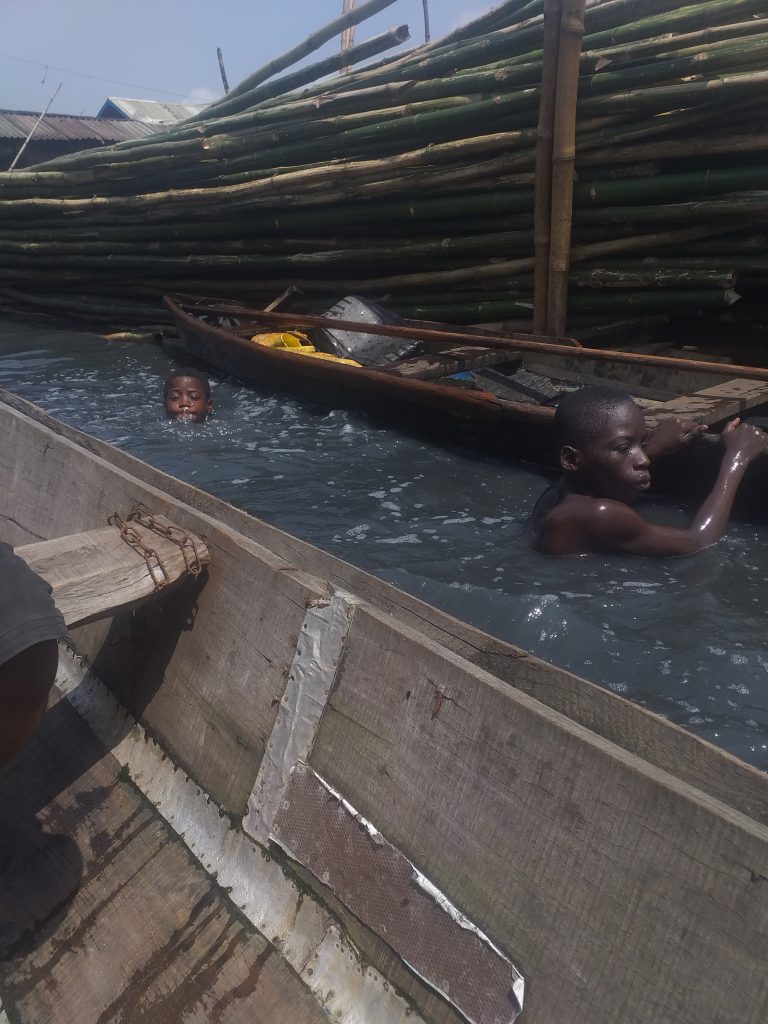
About five minutes into the voyage, a quite long silence is broken when he wonders why this reporter stares at the water. “Are you surprised to find this in Lagos?” He asks musingly. “The water gets polluted by debris from canals linking to it and faeces dropping from the residents’ latrines.”
RAED MORE: Floating Dreams: Makoko, Where Children Fish Rather than School
The canoes, while struggling to navigate through the labyrinth, slither into one another, paving the way for the unhealthy water into them. This water is dirty. Despite this, children are basking in it, diving deep beneath it and even drinking it.
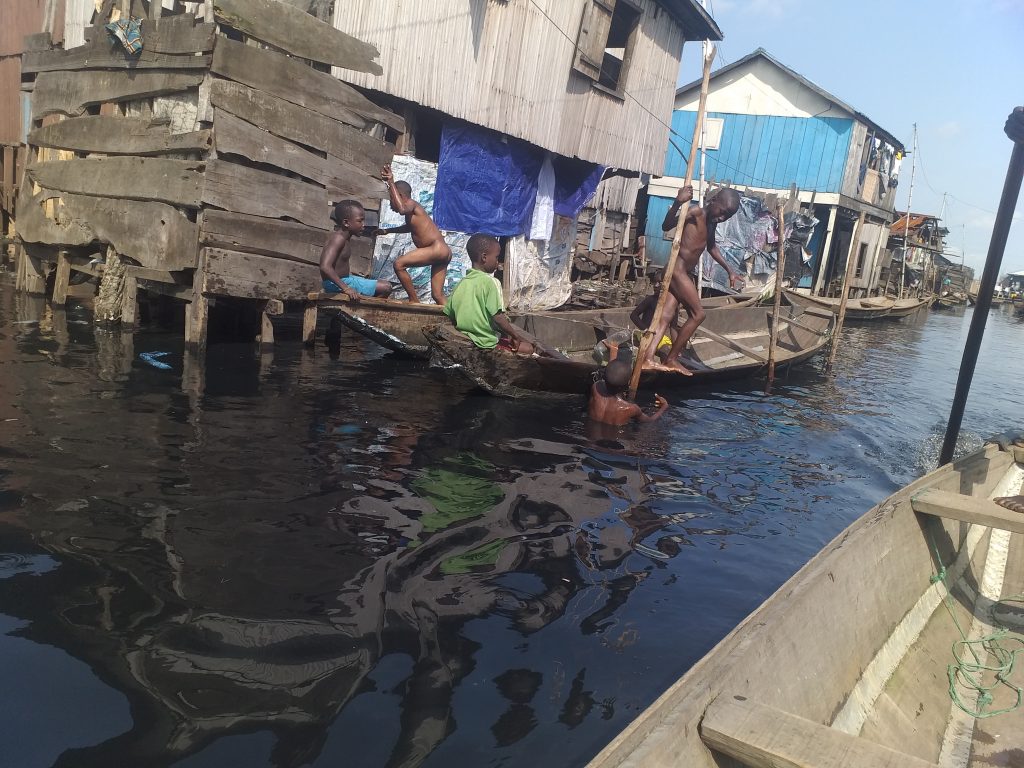
Vendors too are trading cooked food, vegetables and snacks near it, while the majority of the women canoed fishes of various species, including smoked ones, to different parts of Lagos metropolis.
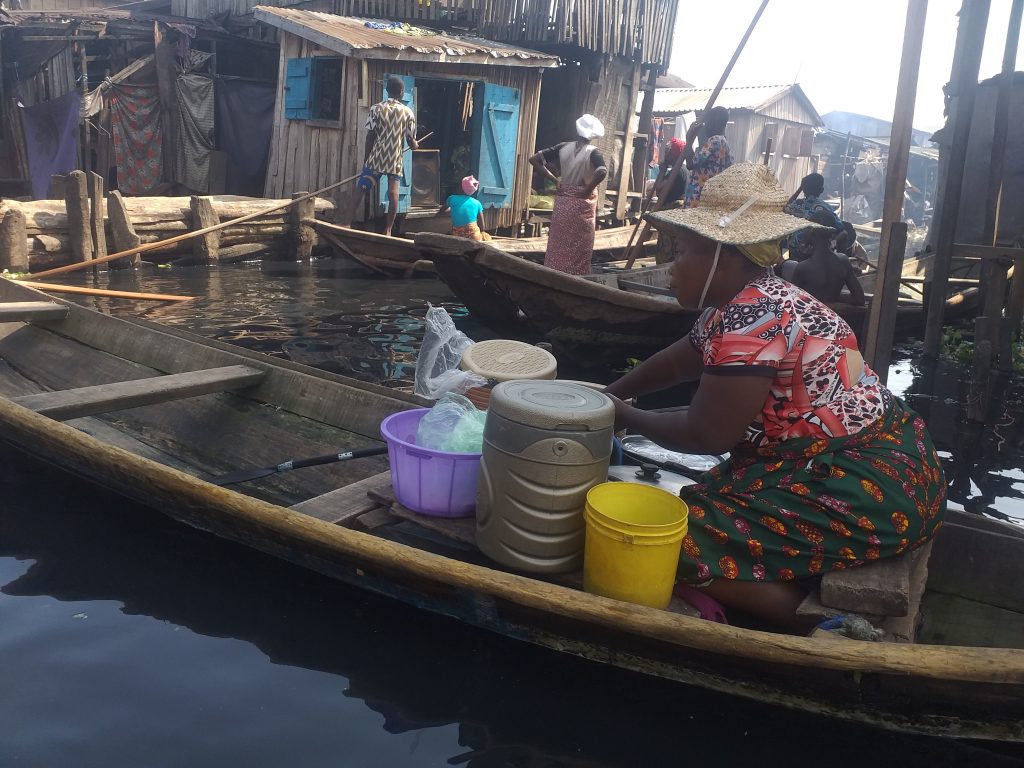
Despite the contaminated water, residents claim that no communicable disease has ravaged them in the past years, even with the breakout of a global pandemic and the recent resurgence of cholera.
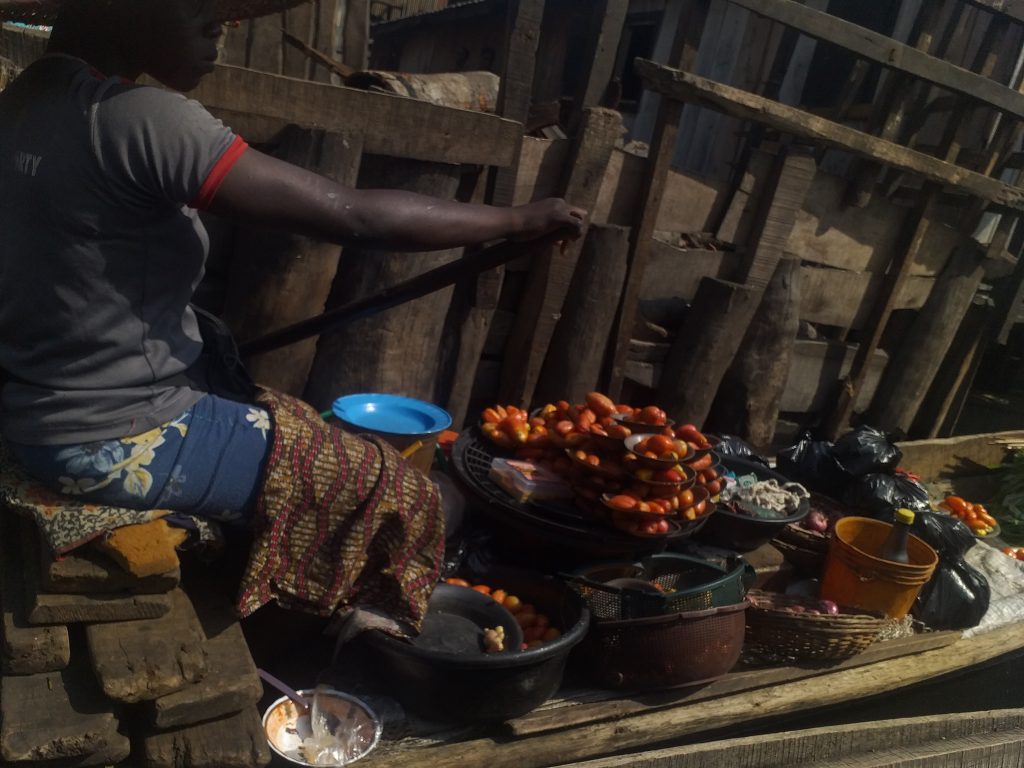
Alase Francis Wusu, the head of traditionalists in the community, unequivocally refutes claims that residents have records of contagious diseases. “We have never had anything like that,” Alase says after sipping water from his traditional bowl. “We are like fishes. Our immune systems are strong and that is why we are begging the government to please keep the COVID-19 vaccines from us; we don’t want it on the waterfront.”
READ ALSO: INVESTIGATION: How Soldiers Chasing Bandits Raped Women, Ruined Livelihoods in Benue
This is a common belief of the residents.
“I am confidently telling you that here in Makoko, we don’t have cases of coronavirus, cholera and other deadly diseases,” Oke Friday, a dark-skinned man in his mid-20s, says.
SUSTAINING THE AQUATIC LIFE
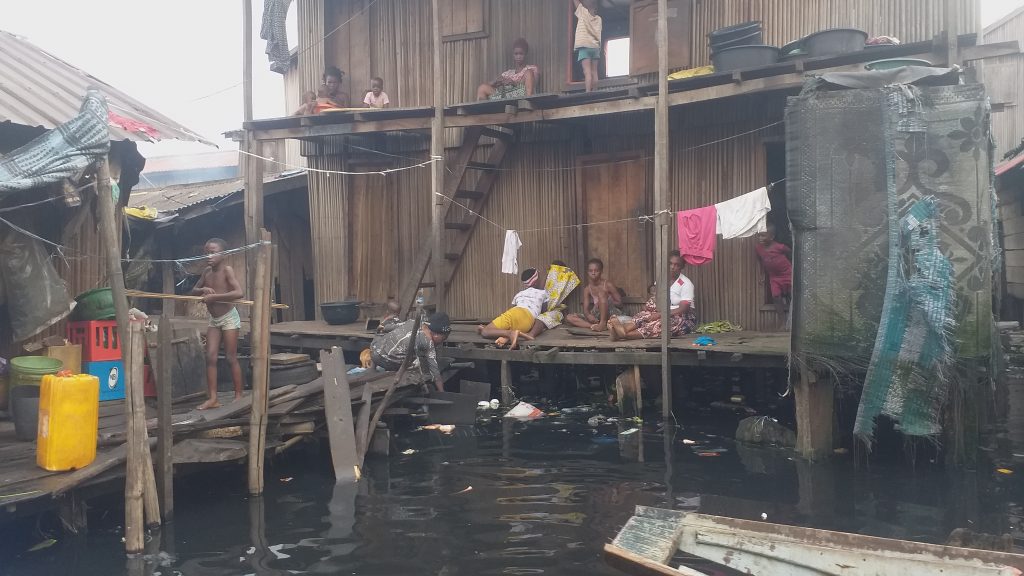
In the community, the names given to lanes are replicas of street names on land. “We have over 100 lanes named after influential persons or places on the waterfront,” a fisherman tells FIJ as he berths his boat to enter his wooden house.
One of the lanes, Alase Francis lane, was named after a prominent chief, Alase Francis. Another lane, ‘School Area’, took the name of a popular informal primary school, Whanyinna, set up in the community.
Children above 10 years old can independently navigate boats, either for fishing or going on errands for their parents. Fishing is predominantly done by men in the community, while the preservation of the netted fishes remains a major chore for their women folks. “Our wives predominantly trade in smoked fishes,” Solomon, the canoe paddler, said.
READ ASLO: INVESTIGATION: Ilaje Coastline Residents Die so Nigeria May Survive
A few of their wooden shacks are erected on sand-filled portions of the murky water, while hundreds of others are sitting tall above the water. Albertine, a trader, living with her children and grandchildren, speaks of the danger of living in a slum. She says the absence of government health facilities poses a risk to their wellbeing. As a community severely hit by poverty, Albertine says they often pay through their nose to settle hospital bills at the private health centres in the community. Though, most of them take herbs.
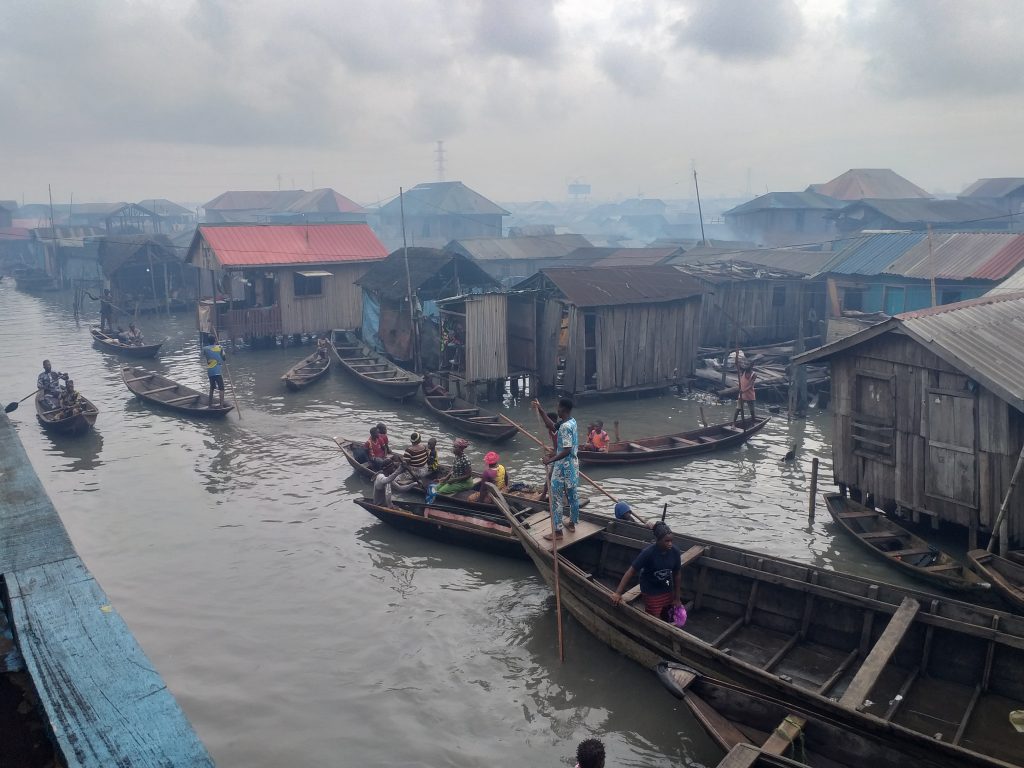
“We have to run around to solicit money whenever our children are sick. At times, we beg the doctors to commence treatments while we go search for the money,” Albertine says.
Abigail, 23, is one of Albertine’s daughters. She believes health is pivotal to the growth of any society. “Yet, education is the pedestal for any form of development, and it is almost impossible for Makoko Waterfront children to have access to education,” she said.
She had her primary education at Whanyinna, an informal primary school bridging the education gap in the community. For Abigail and many residents, education could have been impossible if not for the presence of the primary school which is surviving on the support of non-governmental organisations.
BETWEEN LAGOS SUBEB AND WHANYINNA PRIMARY SCHOOL
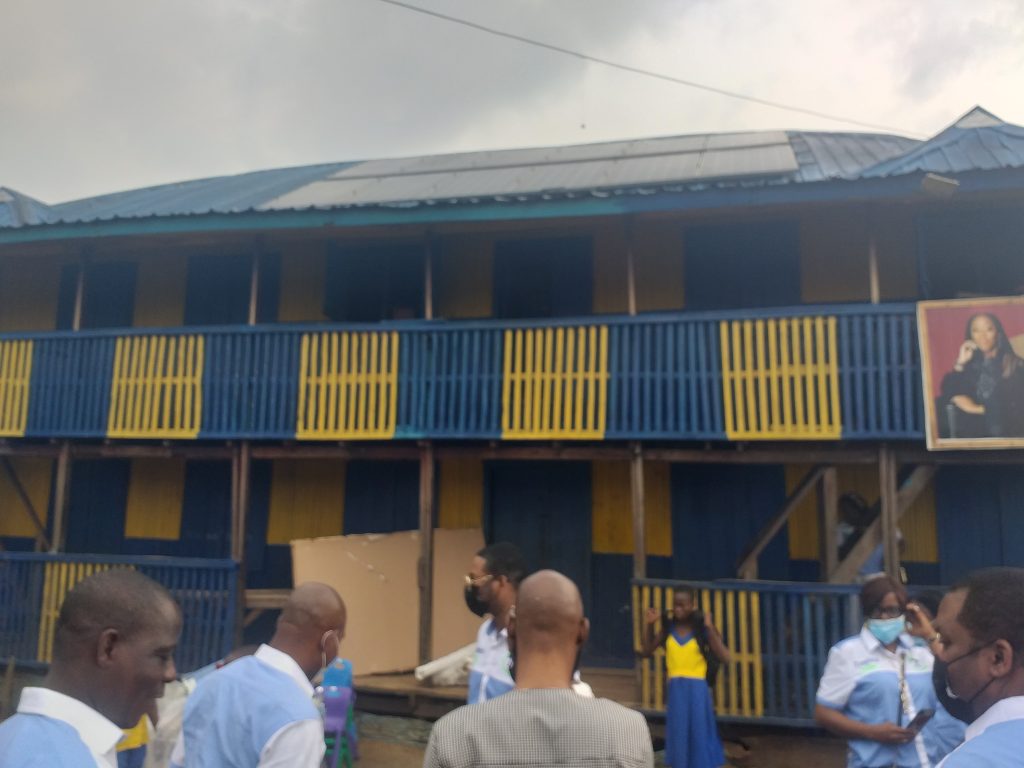
The aquatic nature of waterfront residents justifies reasons parents would not allow their wards cross the land to school. “Children between the age of 5 and 10 or above don’t like to go on land for any reason,” says Shemede Noah, the founder of Whanyinna School.
The children’s right to education is guaranteed under the 2003 Child’s Rights Acts which Nigeria is a signatory to. In pursuance of this right for the children in Makoko waterfront, Noah established Whanyinna Primary School in 2009.
READ ALSO: INVESTIGATION: Farmer-Herder Crises in Oyo have Driven over 800 Children out of School
Noah, also a resident of Makoko waterfront, says, “I have come to realise that education is the only way for Makoko to grow, and we are not getting it.” He says getting educated was not an easy case for him. “When I finished secondary school, I came back to Makoko and established Whanyinna to bridge the education gap in my home community,” he says.
Operating a school was not an easy task for Noah. So he called upon some of his friends to join him in the process. One of them, Emma Abiodun, says, “Education for children of Makoko was not easy before we started Whanyinna. But it took us a lot of advocacy campaigns to get to where we are now”. He also chided the government for neglecting them. “Children’s rights to education are not negotiable under any circumstance. They are accorded universal rights to study regardless of the environment they live in,” Abiodun said.
The teachers at the school said Lagos State Government has not given them enough support. “The only time we felt the impact of the government was during Babatunde Fashola’s administration when Sarah Adebisi Sosan ordered Jide Jimoh, the then chairman of Yaba Local Government Area, to come to Makoko and see what was going on,” Noah says.
He said the only intervention they got was the payment of salary to teachers in the school. “The salary flowed for a while and stopped,” she says.
To improve the school, Noah says he has visited the Lagos State Universal Basic Education Board (SUBEB) several times, but to no avail.
READ ALSO: INVESTIGATION: Inside Kano Schools Where Pupils Learn in Poor Conditions
“We visited their office and even submitted letters that explained what we were doing as individuals. They promised to come, but up till now, we have not seen them,”Noah also says. “Subsequent follow-ups were done and nothing happened.”
When FIJ contacted Wahab Alawiye-King, the chairman of Lagos SUBEB, he said the aquatic nature of the residents of Makoko Waterfront has made a peculiar case. “The government is seriously looking into that. There are structured and coordinated intervention programmes underway to complement the already existing structures,” he said.
Subscribe
Be the first to receive special investigative reports and features in your inbox.


